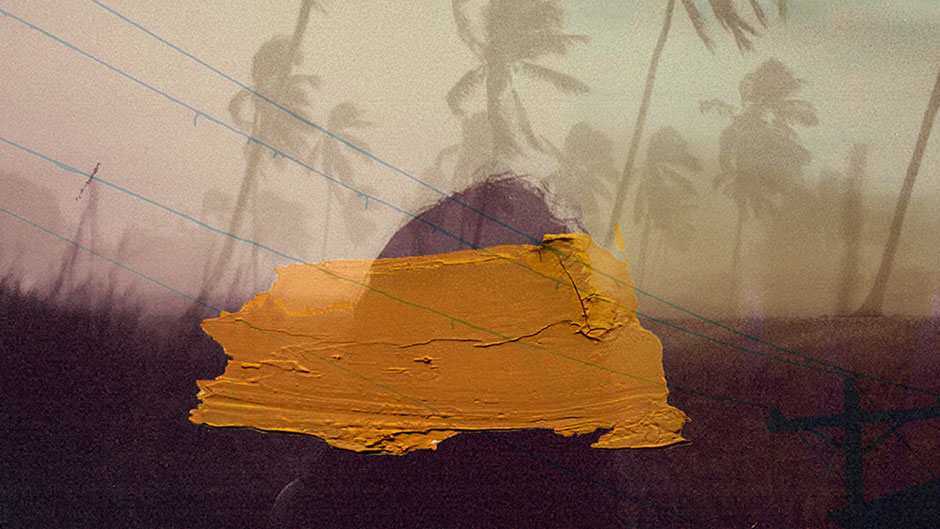The University of Miami will host the “Sub-Tropical and Tropical Coastal Resilience: Social, Economic, and Physical Adaptations in South Florida and the Caribbean” forum on Wednesday, April 7. The virtual webinar will discuss research from the South Florida and Caribbean region about how climate change directly impacts people and the economy.
“We should think of climate change as similar to a prism, which must be observed, analyzed, and addressed from a variety of angles in order to best appreciate its characteristics and flaws, and each of those vantage points has associated methods of investigation,” said Sonia Chao, the event chair and a research associate professor in the School of Architecture.
The symposium is a collaboration between the School of Architecture, the University Institute for Advanced Study of the Americas, the Graduate School, the Center for Urban and Community Design, the Master of Professional Science in Urban Sustainability and Resilience, and the Master of Science in Sustainable Business.
Sessions will run from 8:30 a.m. to 5:30 p.m. focusing in three areas: mobility, metabolism, and resilience. The morning kicks off with welcoming remarks from Jeffrey L. Duerk, executive vice president for academic affairs and provost, and Rodolphe el-Khoury, dean of the School of Architecture, followed by a keynote presentation by Jim Murley, the chief resilience officer of Miami-Dade County. Throughout the day, there will be presentations with more than 60 speakers, many of which will be led by University faculty leaders from across the three campuses. The day will close with remarks by Guillermo “Willy” Prado, vice provost for faculty affairs and dean of the Graduate School, and President Julio Frenk.
Chao presented the idea of an interdisciplinary symposium focused on the social, physical, and economic aspects related to climate change in our region in the fall of 2019, when she was named a Climate, Environment, and Resilience Lead Faculty Research Fellow at the Institute for Advanced Study of the Americas. She and the rest of the team have been planning ever since.
“The most rewarding part has been interacting with so many faculty and staff members from various divisions at UM,” said Chao. “Perhaps best of all is that we’ve been able to engage various students from the new interdisciplinary Master of Professional Science in Urban Sustainability and Resilience program and the School of Architecture programs as ‘session producers’ for most of the events throughout the day.”
This symposium is the first of what Chao said will be an event offered every other year and followed each time by a publication of the symposium findings. The need for events and discussions like these, she said, is twofold.
“The majority of South Florida’s population lives within three miles of a shoreline, and this represents a high number of people and of properties at risk,” said Chao, which is partially why the area is often referred to as the “Achille’s heel” of sea level rise along the eastern seaboard. Being perched along the Gulf Stream, a conveyor belt for hurricanes and tropical storms, adds to the equation of risk as well. “Climate factors simply expedite or aggravate their manifestations and consequences,” she said. “This means time is of the essence and the tasks ahead are significant and complex. There is no silver bullet.”
According to Chao, there are conversations being had about climate change’s impact on everyday society, but they tend to occur only in professional or academic environments. “Generally, there is little cross-pollination. By breaking siloes and working across academic units and with community partners, we all become more well-informed of the whole picture, of our interdependent realities and needs,” she said. “This in turn nourishes our thinking and can propagate our collective success. That is why this event is useful, relevant, and warranted.”
The dean of the School of Architecture said that although a virtual event means less opportunity for direct networking and informal conversation spaces, they have benefited from the expanded reach that the virtual symposium has provided. “Presenters and audience members will be able to log in from anywhere,” el-Khoury said. “As we are featuring a number of speakers and panelists from the Caribbean, the virtual format allows these individuals to conveniently join the event.”
Maddie Li, the logistics manager organizing the event’s technical team, agreed. “Through this event, we really sought to foster relationships and continue to strengthen the dialogue with the whole region—South Florida and the Caribbean. The virtual nature of the event, while bringing its own technical and logistical challenges, helped to make it possible for so many people from the region to participate and contribute their research and ideas to the symposium.”
There are currently about 400 professionals, academics, and students registered for the event. And interest comes from all over the world.
“We are happy to see that we have participants who have registered from as far north as York University in Canada and as far south as Honduras in Latin America, with many planning to log in from the Caribbean as well,” said Chao.
Prado said he is looking forward to how the event will engage and prepare the future leaders on the climate front. “What better way of finding our way out of or rising above challenges than by collaborating, intersecting concerns and solutions, broadening the discussions, understanding aspects of inclusivity?”
You can follow the symposium on Instagram @umcoastalresilience and find event and registration information at www.coastalresilience.miami.edu. Registrants can return to the website within two weeks after the symposium, using their access code, to review sessions they may have missed.

